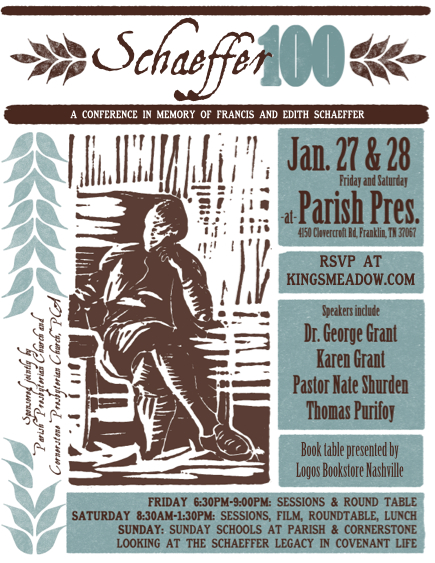Deuteronomy 30:19; Proverbs 24:10-11; John 10:10; John 3:16
Pastor: Heaven and earth bear witness: the Lord has set
before us life and death.
All: He has set before us blessing and cursing.
Pastor: Therefore, let us choose life that we and our
covenant children after us may live.
Reader 1: If we faint in the day of adversity, our strength
is small. Deliver those who are
drawn toward death, hold back those stumbling to the slaughter.
Reader 2: If we say, "Surely we did not know this," does not
He who weighs the heart and keeps our souls know it?
Pastor: Therefore, let us choose life.
Reader 3: The thief does not come except to kill, and to
steal, and to destroy, but, Jesus has come that we may have life, and that we
may have it more abundantly.
All: For God so loved the world, that He sent His only
begotten Son, that whosoever believes in Him should not perish, but have
everlasting life.
Pastor: Therefore, let us choose life.
Psalm 139:
7-8, 13-18
Pastor: Where shall I go from your Spirit? Or where shall I flee from your
presence? If I ascend to heaven, you are there! If I make my bed in Sheol, you
are there!
All: For you formed my inward parts; you knitted me together in my
mother's womb. I praise you, for I am fearfully and wonderfully made.
Pastor: Wonderful are your works; my soul knows it very well.
All: My frame was not hidden from you, when I was being made in secret,
intricately woven in the depths of the earth.
Pastor: Your eyes saw my unformed substance; in your book were written, every
one of them, the days that were formed for me, when as yet there were none of
them.
All: How precious to me are your thoughts, O God! How vast is the sum of
them! If I would count them, they are more than the sand.
Romans
3:13-18; Jeremiah 8:3; Proverbs 8:36; Psalm 145: 8
Pastor: Lord, we come confessing. We confess that our throats are open graves. Whether we realize it or not, we have
chosen the way of death.
All: There is none righteous, not even one; there is none
who understands, there is none who seeks for God; all have turned aside,
together we have become useless; there is none who does good, there is not even
one.
Pastor: All those who hate God, love death.
All: Our feet are swift to shed blood, destruction and
misery are in our paths, and the path of peace have they not known. There is no fear of God before our
eyes.
Pastor: But, the Lord is gracious and merciful, slow to
anger and abounding in steadfast love.

































